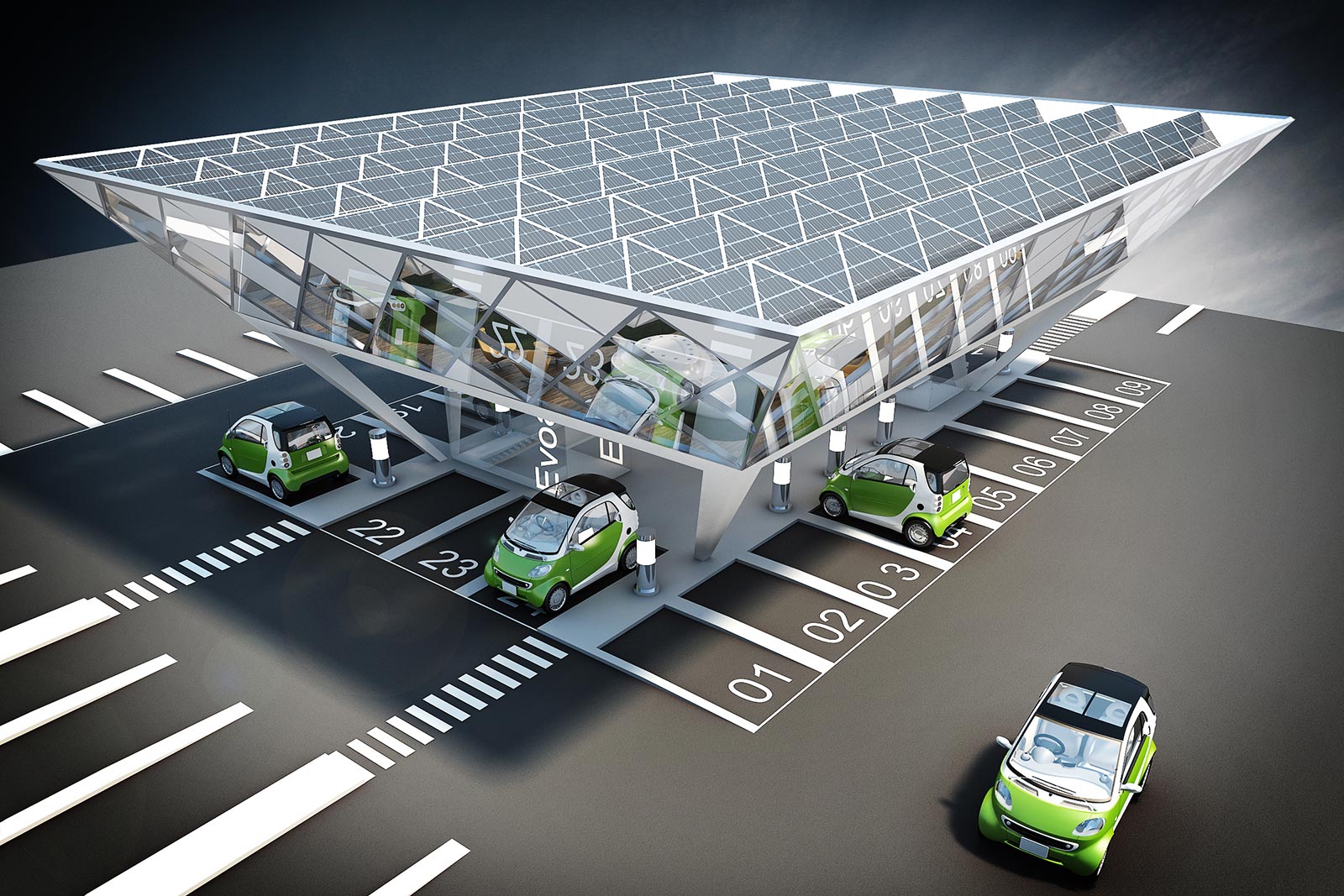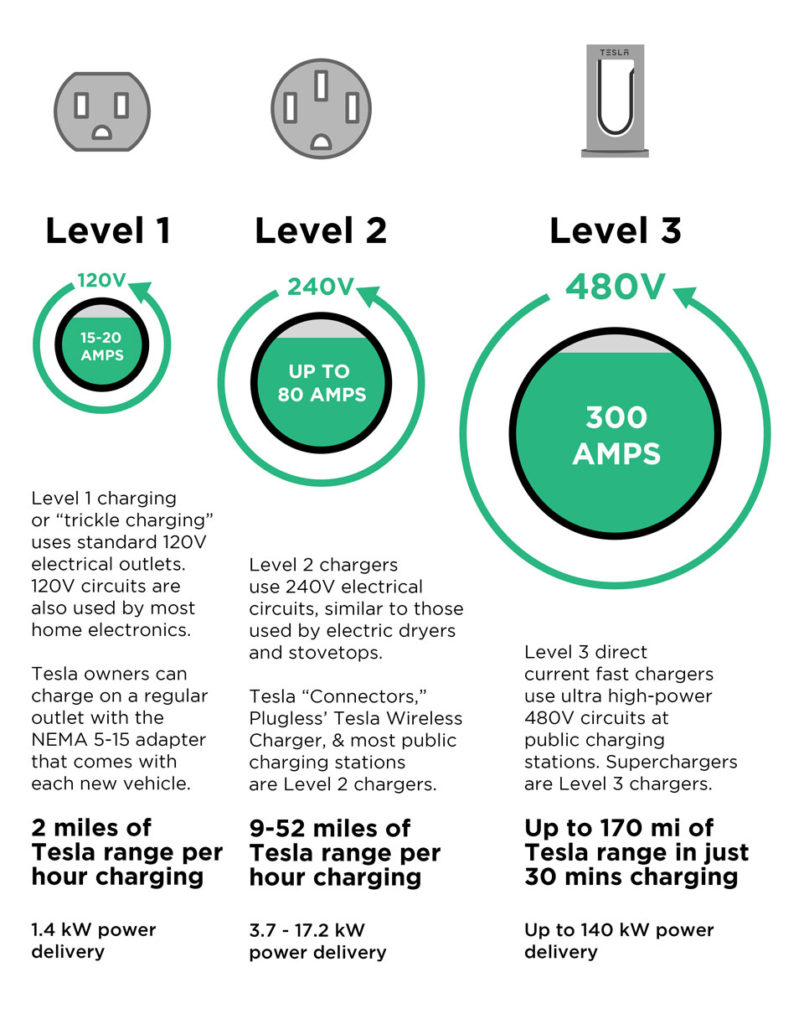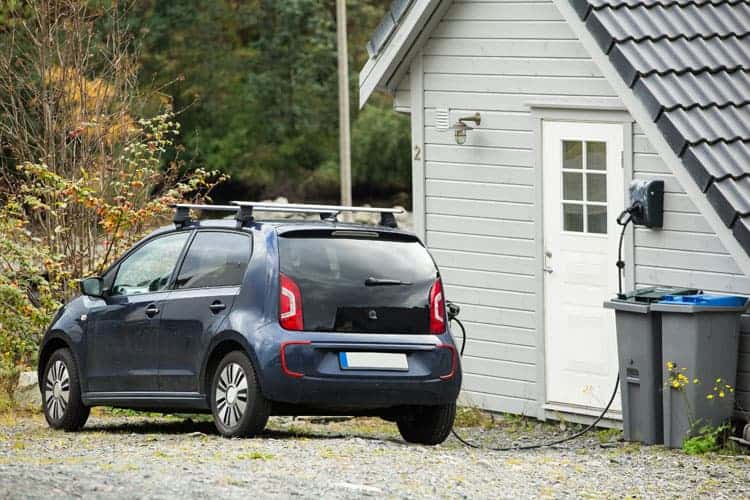Table of Content
- The cheapest electric cars to run
- How much does it cost to charge an electric car on the public network?
- Electric car range
- How does the cost of a petrol vehicle compare?
- Tesla is offering electric car drivers 6,000 miles of free charging - how to claim
- Tesla Superchargers
- Cost to charge an electric car at work
Only local authorities can apply for this funding, but you can approach your council and ask them to consider installing a charging point near to your home. This will help the council to see the demand for charging points in the local area and decide on appropriate locations. EV charging at home can be more complicated if you do not have off-street parking. You will not be eligible for the OZEV grant and it may not be practical to charge your vehicle using sockets from within your home. You may need to speak to your installer in advance to make sure your garage has the appropriate wiring and power access for an EV charger.

A standard 3 to 7kw EV home charger will charge the battery much faster and some vehicle manufacturers recommend against using a regular socket to charge your electric car. In this article, we cover everything you need to know about charging an electric car at home – from what’s needed to how much it costs. Charging electric cars couldn’t be simpler but it can be daunting for new EV drivers. For instance, Pod Point's rapid chargers charge at a rate of 26p per kWh at Lidl - this would cost about about £6 or £7 for half an hour of charging, which provide roughly 100 miles of range.
The cheapest electric cars to run
We’ll take care of everything when you book with Smart Care, and you’ll get AA approved garages and a 1 year guarantee. In most likelihood, you won't be spending this much many times and the price for an essentially complete charge will be of around £7 instead. However, this was removed around the start of 2020, although the company revives the limited offer from time to time. The Premium Connectivity package gives drivers access to live traffic visualisation, satellite-view maps, an internet browser and even “Caraoke”. Tesla also controls the biggest network of rapid or ultra-rapid EV charging points in the UK with 967 charge points as of November 2022.

A lot of electric car buyers choose to have a home charging station installed, which can greatly reduce the time required to charge your battery. These domestic charging stations can cost up to £800 to buy and install, however, the government is currently offering a grant of up to 75% of a new charge points cost, up to a maximum of £350. The error most people make is thinking about charging an electric car with the same terms as filling a petrol car with gas - the differences are striking. To begin with, there are many more factors for EV drivers to think about, but that gives you power over your electric car and not the other way around. Where you charge, at what time and speed, as well as in what periods will matter and affect how little you can pay to charge an electric car. To use public charging points, you'll need to register with a membership scheme before use.
How much does it cost to charge an electric car on the public network?
However, even after the purchase price and cost of insurance are taken into account, an electric vehicle will almost certainly be cheaper to run. One example is the Gridserve Electric Forecourt in Braintree, Essex, where up to 36 cars can charge at the same time at a cost of 24p per kWh. In addition to the charging points, you’ll also find shops and restaurants to use until your car is recharged. The average unit rate for electricity is around 14p per kWh, although the cost varies depending on where you live.

Wallbox chargers can offer 7kW charging, which can charge a standard EV from 0-80% in around six hours. If you’re going to be using a home charger to give your car a boost overnight, these charges will be added on to your electricity bill, so you’ll want to know how much you can expect to see your bill increase by. If you were to pay 46p per kWh or more to charge it – and many rapid or ultra-rapid points currently charge more than 60p per kWh – you’d pay £1,222.07 over a year. To look for charge points and filter by network, plug types, whether you can pay by bank card and more.
Electric car range
Results of the calculation will show the estimated time to charge your EV at home, as well as the total cost and cost per mile for your home charge. Basically, if you're paying more than the number on the far right, you're paying more for your electricity than the equivalent hybrid or traditional combustion car. But just because a Pod Point charger is free it doesn't mean you can just plug it in and walk away. You'll still need to use Pod Point's app to start the charge, or alternatively, visit the company's website and select the charger you're using.
It’s even cheaper to charge an electric car in Canada, but it’s considerably more expensive in the UK. While you can charge an electric vehicle from a three-pin socket, the rate of current is much slower than using a dedicated charge point. A home charger can be initially expensive to install, especially if you’re in England or Wales since there’s no longer any government subsidy available (Go, Scotland!). Petrol and diesel calculations are based on a car averaging 40 miles per gallon, equivalent to 8.81 miles per litre, with per litre costs taken from RAC Fuel Watch. The figure that really counts to most people is how much it costs to run an electric car per mile. Again, it varies, but most new electric cars will cost from around 6p per mile up to about 14p per mile.
A subscription costs £7.85 a month, with customers paying per kWh of electricity used. The EVHS is a grant of up to £350 towards the cost of a home charging point. It’s also worth noting that some manufacturers will offer a free wall box when buying a new electric vehicle. Rapid chargers are typically found in motorway service stations and range from being free to one of the more expensive ways to charge. At the time of writing, British Gas listed the average electricity cost per kWh in the UK as 52p, up from 28p a unit as a response to the ongoing global difficulties in the energy markets.
And see how you can cut your charging costs in half with 6 simple tips. Under Ofgem's energy price cap that runs until 30 September 2022, a driver fully charging an electric car with a 64kWh battery (from 0% to 100%) at home pays £18.37. Drivers could expect a range of around 235 miles from a full charge. From slow charging to fast charging and rapid charging, find out everything there is to know about electric car charging speeds in our full guide. Best of all, even if your charge point were to be 7kW one, it would cost you the same amount to fill up an electric car as it would do were you to use the three-pin plug.
Charging your EV at home is by far the most cost-effective way to juice-up your electric car, and is the method used by 80% of drivers, but this is often far slower than charging in public. Ultimately, the cost of charging your EV will depend on the car you have, how often you’ll be driving it, and where you’re planning to charge it. If you’re on the market for an electric vehicle , you’re probably wondering how much it will cost to charge.
Pod Point, provider of the free charge points at Tesco and other supermarkets, is the one of the largest networks in the UK. 9.8p to 12p per mile (or £800 to £975 over a year)for medium and large cars, such as the Nissan Leaf and Tesla Model 3 respectively. That’s only half the story, though, because when you buy a new Corsa on a Personal Contract Purchase deal, the difference in price could be as little as £50 a month.
Most vehicles that aren't registered will have to pay £12.50 per day. Although heavier vehicles, such as lorries, may need to pay up to £100 per day. For non-Tesla owners, charging fees vary depending on the network you use. Take a look at Zap-Map or an overview ofUK’s main EV charging networks. If you are a Tesla owner, then theTesla Supercharger Networkhas points across the UK which are often free to use for older vehicles.


No comments:
Post a Comment